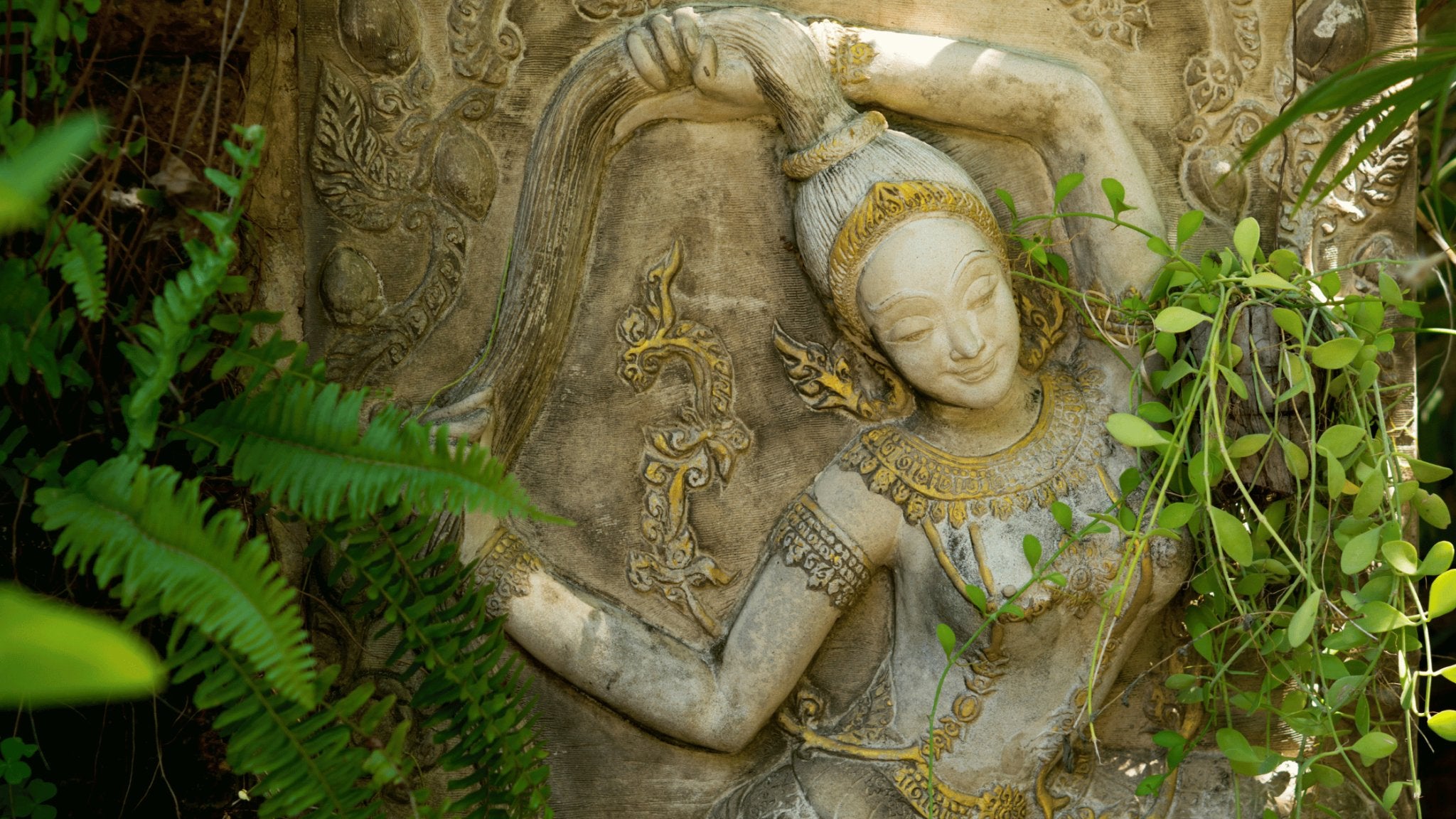
The Selection of Deities
While some can view the somewhat consumerist nature of 'deity worship' as a modern problem. Deities have a long history in spiritualism and practice.
During the 20s, Crowley and other spiritualists, caused a resurgence in deity worship. Seances, possessions, and tonics used to sell or promote spiritualist ideas. This, hand in hand, with the finding of King Tut's tomb only promoted the idea of the Egyptian deities.
Before that, Egyptian and Classical paganism formed the bones of esoteric groups promoting spiritualism in the late Victorian era. Images of the Egyptian and the Classical pantheons appeared everywhere. Also promoted by archaeological finds of the time as well.
But these deities came from pantheons of gods from ancient societies. As nostalgia usually does, it made the Greeks/Romans and Egyptians look ideal in the eyes of modern people. Because they wanted to find something from the past, a perfect society, to focus on in a changing world.
It is no different now.
There is a fascination with deities and religion because we crave a focus in our world. A safe space, a safe person, a spiritual deity that helps calm the storm.
I would go into how human beings are drawn to worship because otherwise we realise that we are just single helpless leaves in a storm, and having a focus stills our mind from that. Or that the first deities were the sun/moon/stars, and that all modern faiths still worship them to some degree. But instead, I will talk about how a deity is helpful to our mental and spiritual health.
As mentioned, having a deity allows practitioners to focus on prayers or rituals. It is a meditation that helps hone ourselves. But the choosing of deities can sometimes be a minefield, you don’t want to be a cultural appropriator. But there are also deities from different cultures that call to you, that you can’t help but be drawn to.
The main focus would be to ask yourself why? Why does it call to you. And to do your research about the deity. Find out as much information as you can and see if it connects in your life and practice.
That seems straightforward, but people choose deities that they want to emulate. That they look at themselves and say ‘sure, that sounds like me’ or ‘that’s the energy I want to take’. But therein lies the thing. You cannot take from deities, you serve them.
So, a deity isn't something that you just choose on a whim, it can be a long and introspective process. Trying different deities out, seeing which feel authentic to you, reading about them, honouring them by learning all you can. Once you have a true understanding of a deity, can decisions be made.
And it's important to do the research, to know what is expected from you as a servant to the deity. What calls to the deity. You would not serve the wrong thing to the wrong deity, on the wrong day. Your job is to honour them and in return they will honour your life and practice.
There are some gods that do not have altars, that do not have temples or places in the home. Making decisions on how best to serve them can be as simple as knowing what plant is best attributed to them, and keeping that in a place you know is their own.
And it is perfectly natural to 'grow out' of a deity. To have that growth that allows you to move on, after all, we are not stagnant creatures, change is inevitable. But still remembering them in a small way, honours the time you had together.



